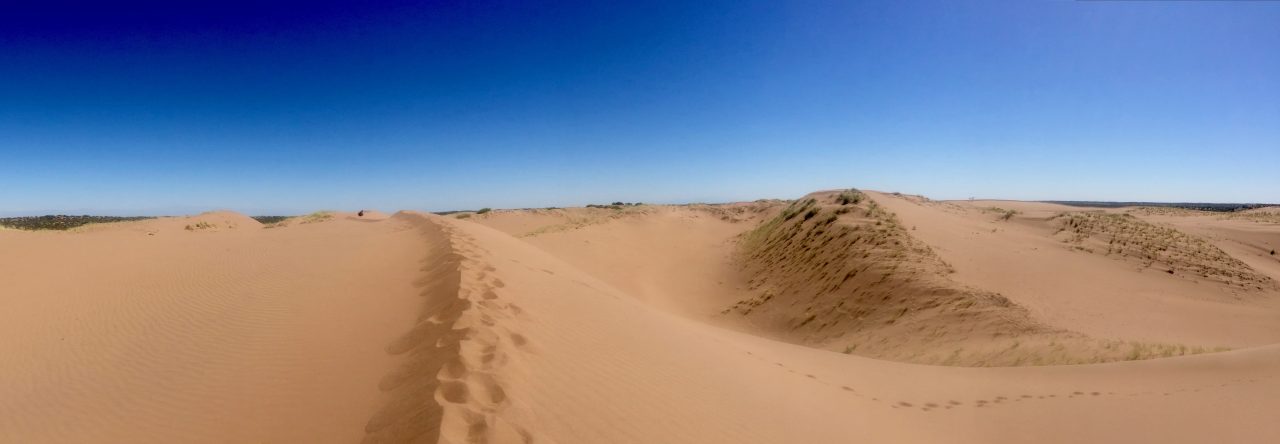Soledad was born in Lavalle in 1991 where she would grow up and live. During her youth, she attended boarding school in Asunción, a nearby Huarpe town. Although it was not very far, lack of transportation made it easier for children to stay at school. Beginning at six years old, Soledad and other children would spend nine days at school and return home for five. She spoke of her memories of playing outside with her friends and folkloric dancing she learned in school.
Soledad also spoke of the injustices suffered over history by the Huarpe people. Before the government recognized the rights of the Huarpe people to the land they had inhabited since the Spanish had forced them there, until recently, they were exploited by outsiders who would come, claim the Huarpe’s land, and make them cultivate it only compensating them with a bag of flour and a sack of potatoes.
Although Soledad lived further from the river than those in Asunción its absence and the absence of the storms made agriculture more difficult. As a young woman what she knows of how the river was before was told to her by her father, her first experiences with the issue came when she visited dams in Mendoza while studying hydraulics in university.
“Los hacían trabajar por una bolsa de harina; esto cambio cuando se formaron las comunidades.”
“They made them work for a bag of flour; this changed when the communities were formed.”
